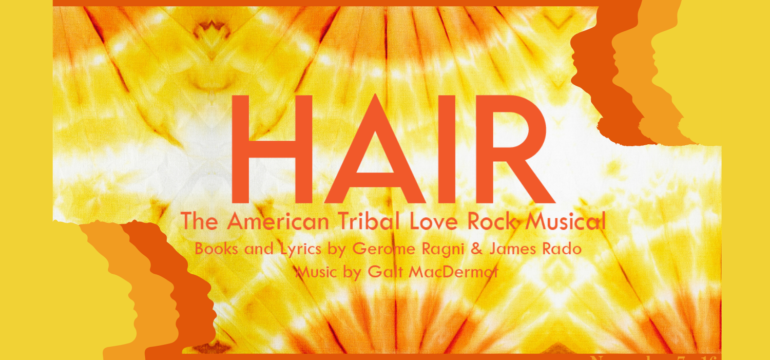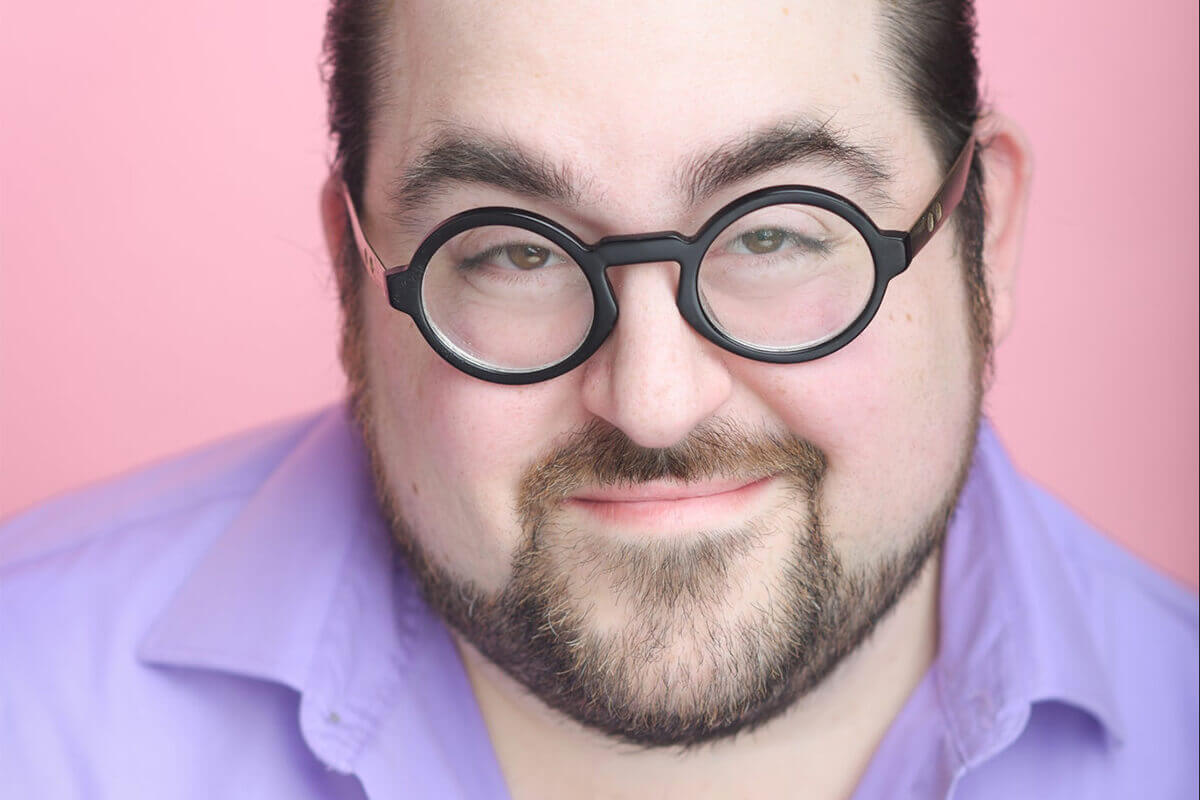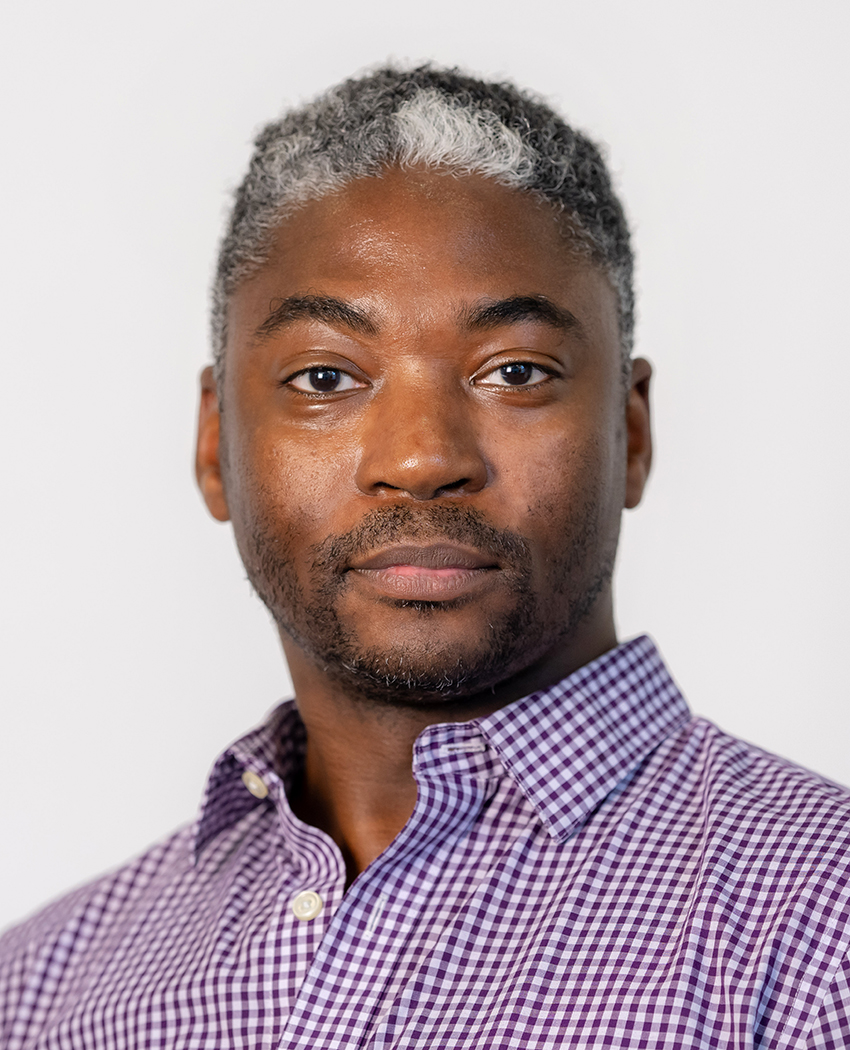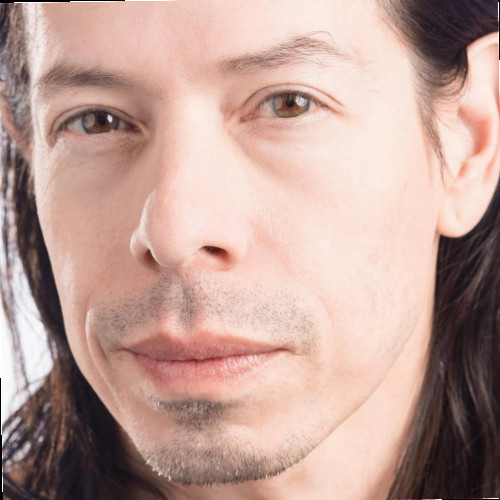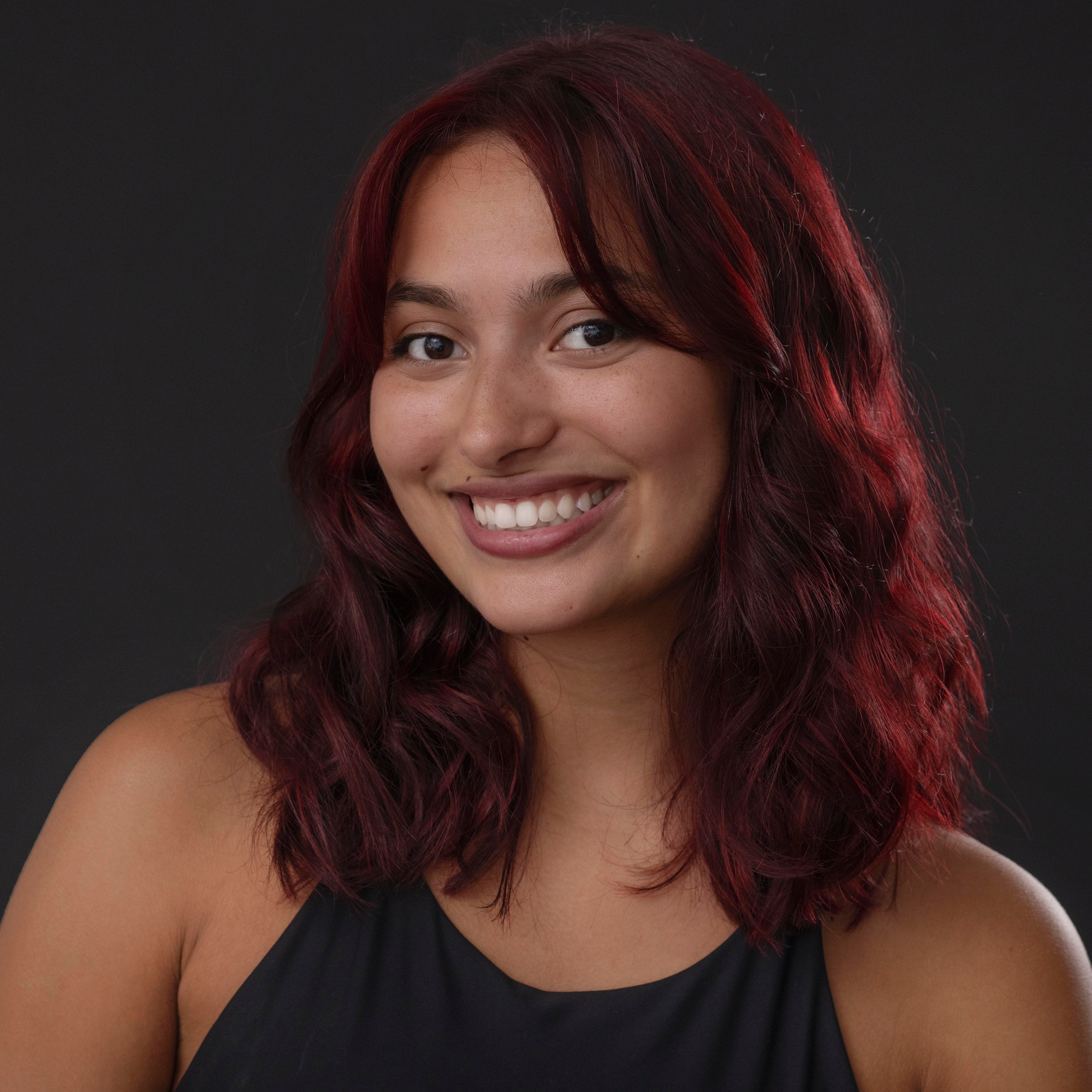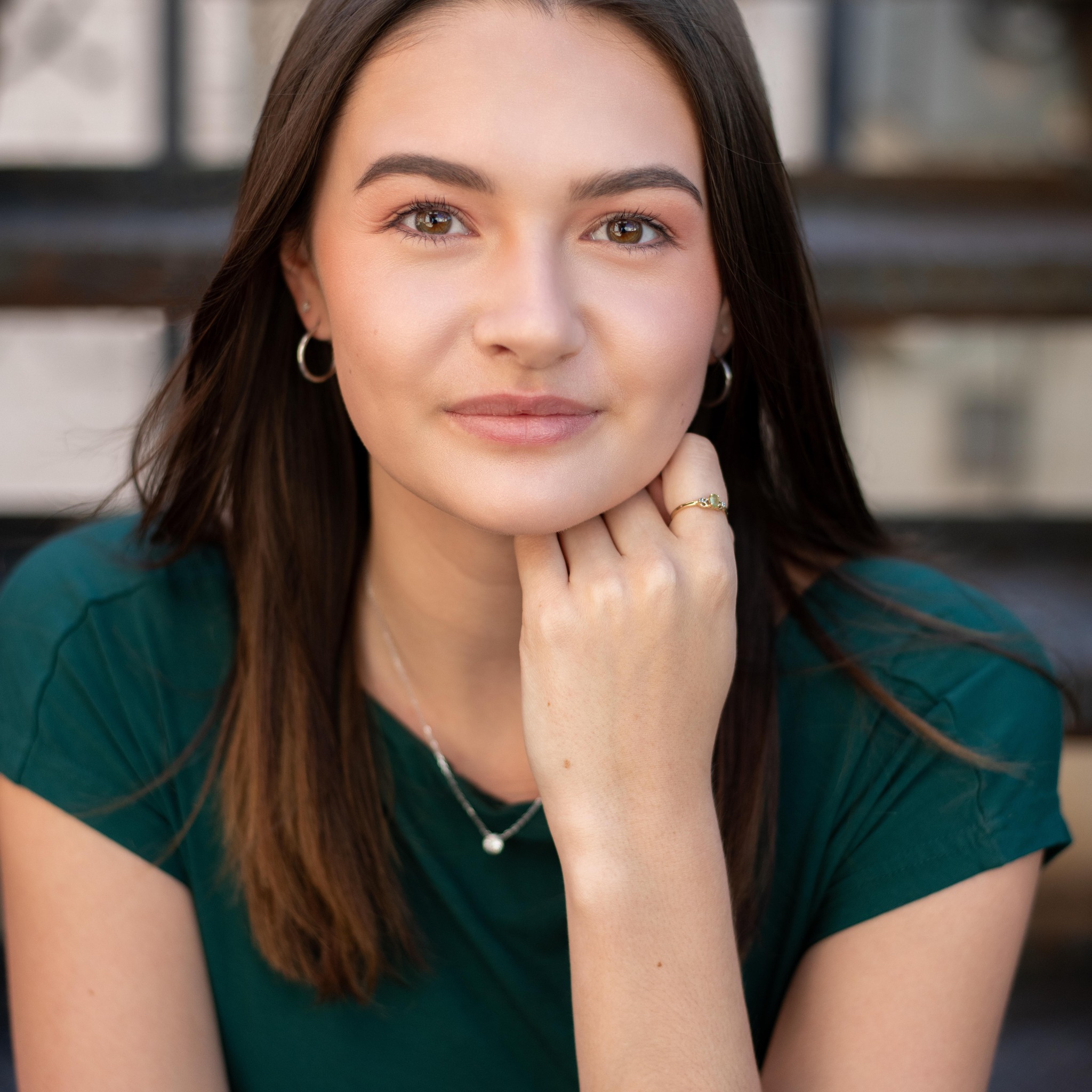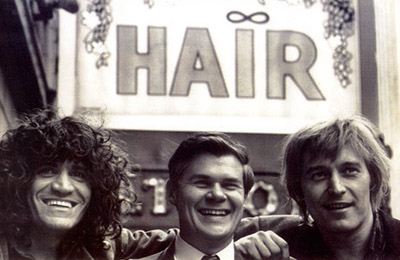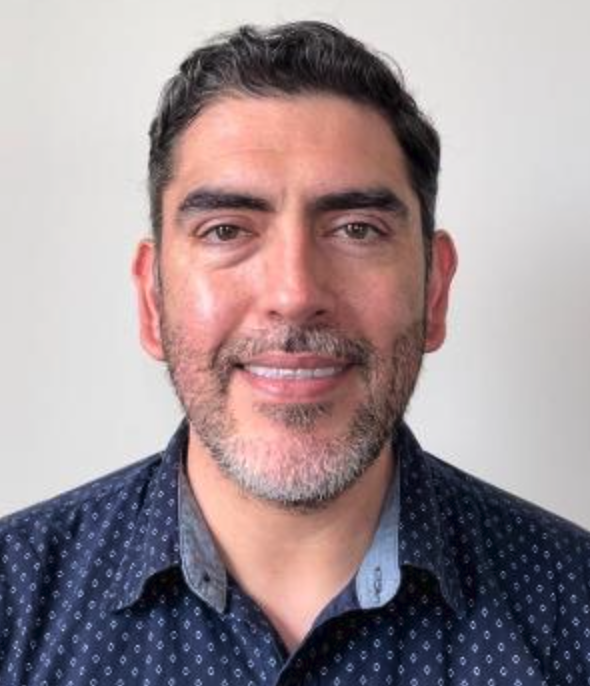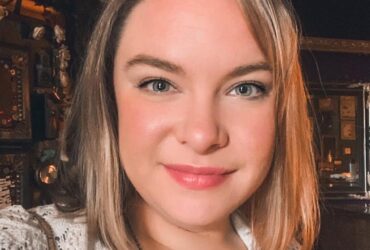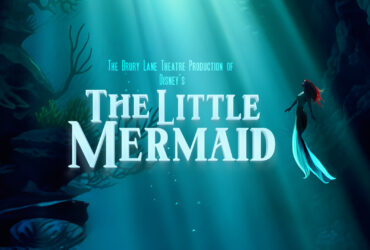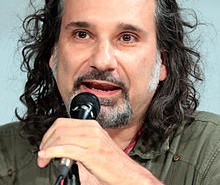The Columbia College Chicago School of Theatre and Dance‘s 2024-25 Mainstage Season at the Getz Theatre Center of Columbia College continues with Hair: The American Tribal Love-Rock Musical. This production of the groundbreaking rock musical runs November 7 through 16 in the Getz Theatre Center’s Courtyard Theatre, located at 72 E. 11th St. in Chicago’s South Loop. Student discount tickets are available. For tickets and more information for this LIVE, IN-PERSON production – including a program listing of the show’s cast, crew, and creative team – click here.
The show features an all-student cast and a production team composed of faculty, staff, and students, all under the direction of School of Theatre and Dance faculty member David Fiorello, with musical direction by faculty member Dr. John Elson Williams and choreography by faculty member Wilfredo Rivera and Musical Theatre Program students Maya Lee and Aurora Boe (who is also assistant director).
Originally produced off-Broadway in October 1967 as the inaugural production at Joseph Papp‘s Public Theatre in New York City, Hair opened in a much-revised version on Broadway in April of 1968 – the same tumultuous year that Dr. Martin Luther King Jr. and Sen. Robert F. Kennedy were killed by assassins’ bullets and the Democratic National Convention in Chicago was rocked by antiwar protests in the city’s Grant Park, just a block away from the theatre where Columbia College’s production of Hair is playing. Columbia College’s election-year production of Hair sets the action in Grant Park during August 1968.
With a book and lyrics by Gerome Ragni and James Rado and music by Galt MacDermot, Hair was the first Broadway musical with an all-rock score, paving the way for such shows as Rent, which the Columbia College School of Theatre and Dance will present next spring.
“Hair: The American Tribal Love–Rock Musical is the iconic show that broke boundaries and continues to resonate across generations,” says Dr. Jimmy Noriega, director of Columbia College’s School of Theatre and Dance, in his program note. “It presents themes of freedom, love, and protest and feels just as relevant today as when it first premiered in 1967.”

